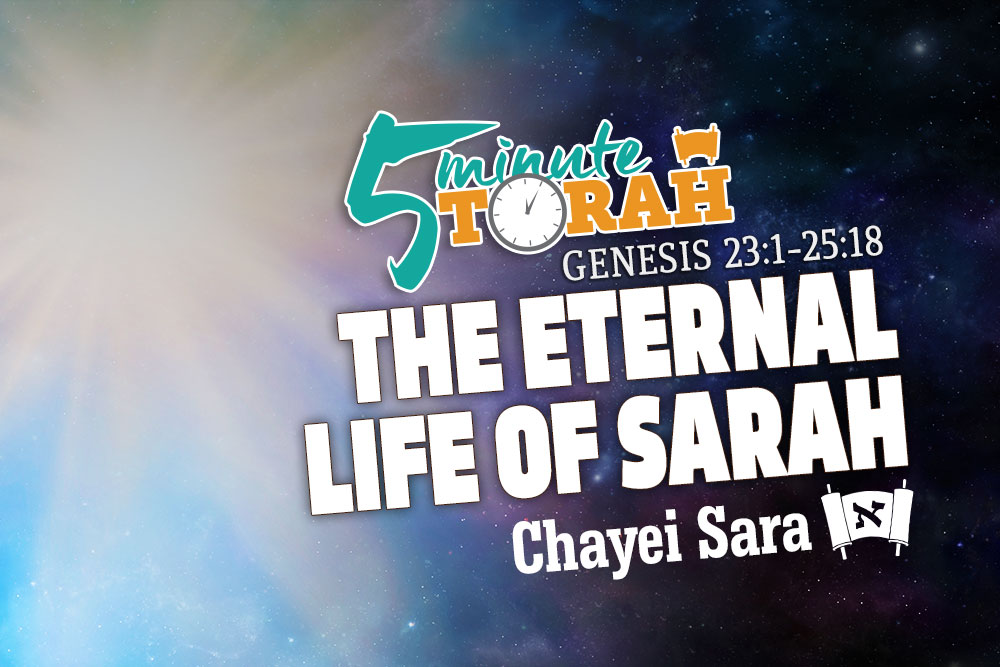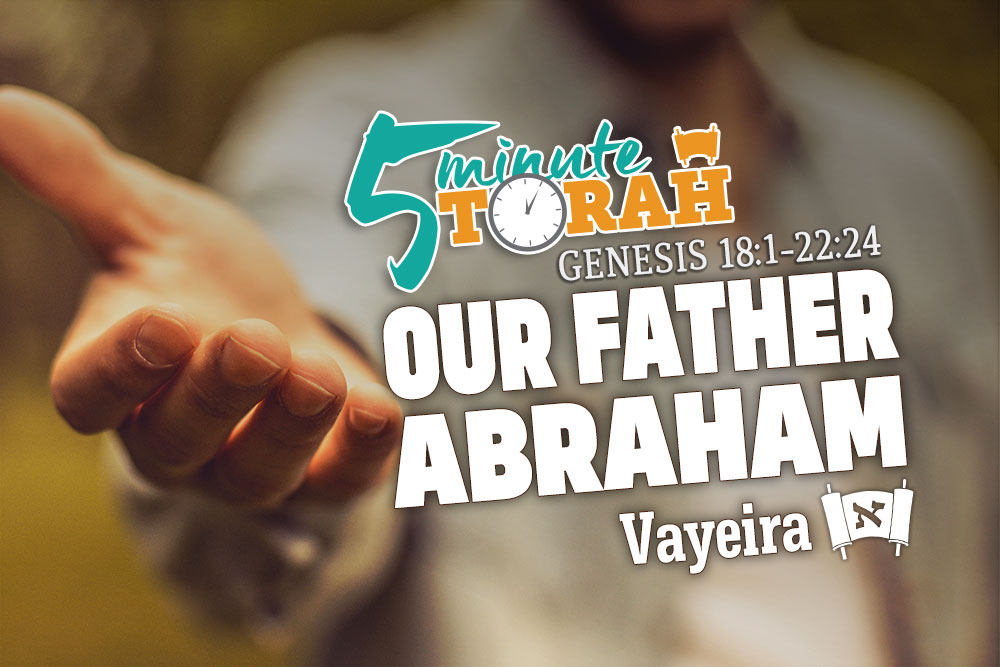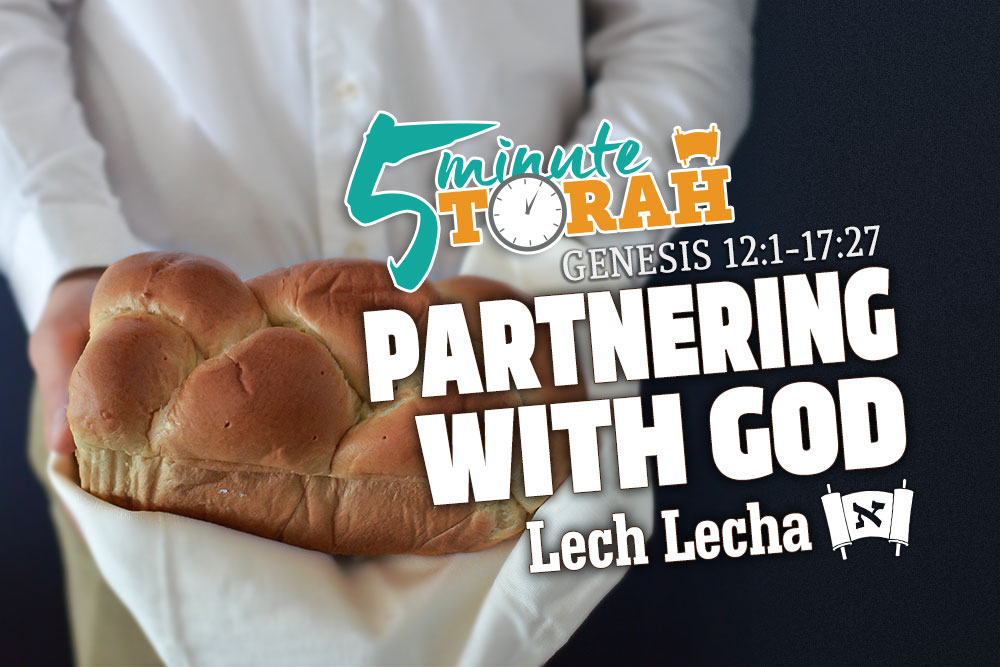When Yeshua was walking this earth, he was continually teaching his disciples his interpretations of Torah. He continually emphasized repentance and loving both our Heavenly Father and our neighbor through our actions and not merely our feelings. This naturally leads us to Shammai’s teaching in Pirkei Avot. Shammai taught his disciples, “Say little and do much” (Avot 1:15). According to the Talmud the wicked say much and do little, but the righteous say little and do much. An example is given of Abraham and how his deeds exceeded his words:
It is written: “And I will fetch a morsel of bread, and satisfy your heart” (Genesis 18:5), and it is written: “And Abraham ran to the herd, and fetched a calf tender and good” (Genesis 18:7). Rabbi Elazar said: From here we learn that the righteous say little and do much, whereas the wicked say much and do not do even a little. (Bava Metzia 87a)














